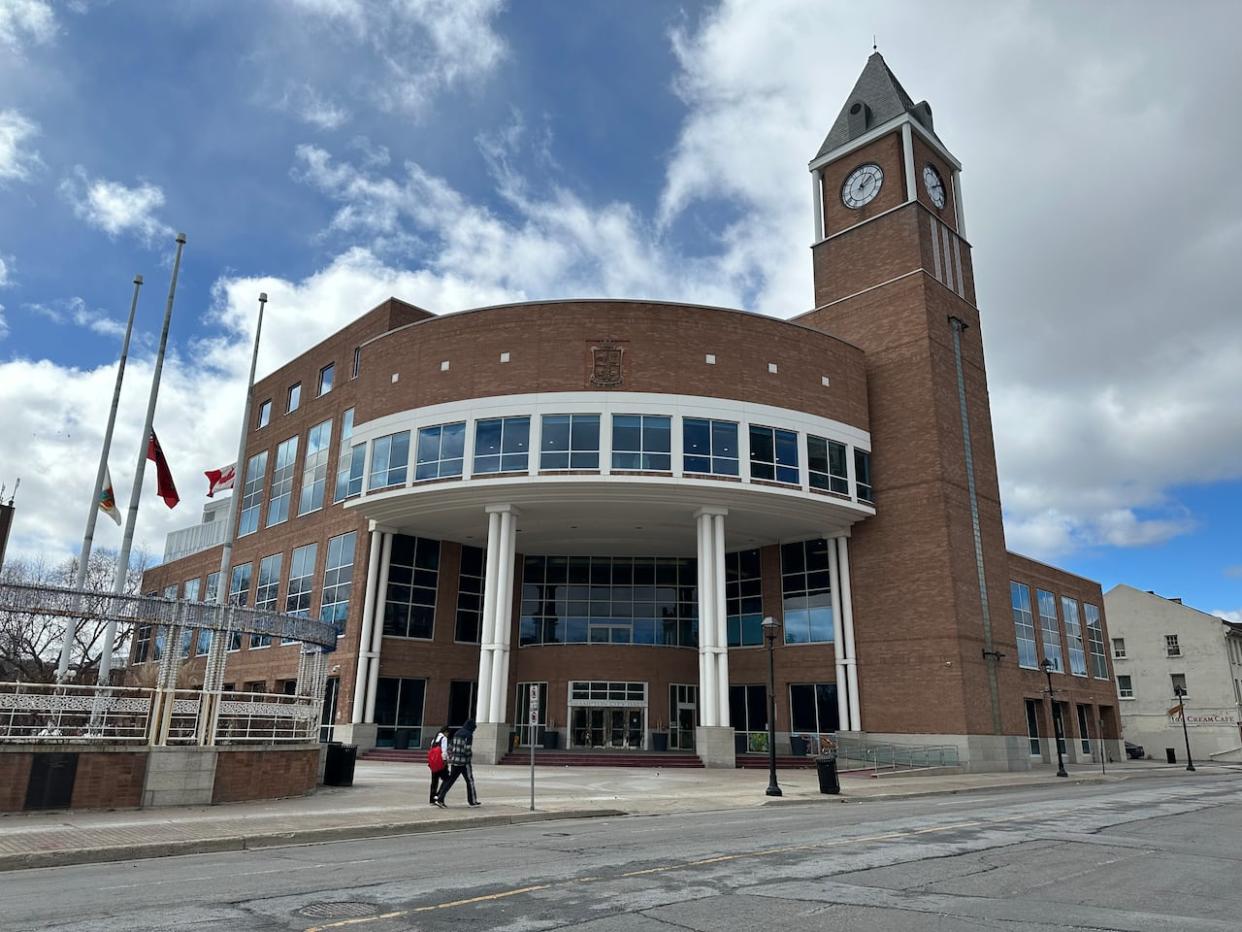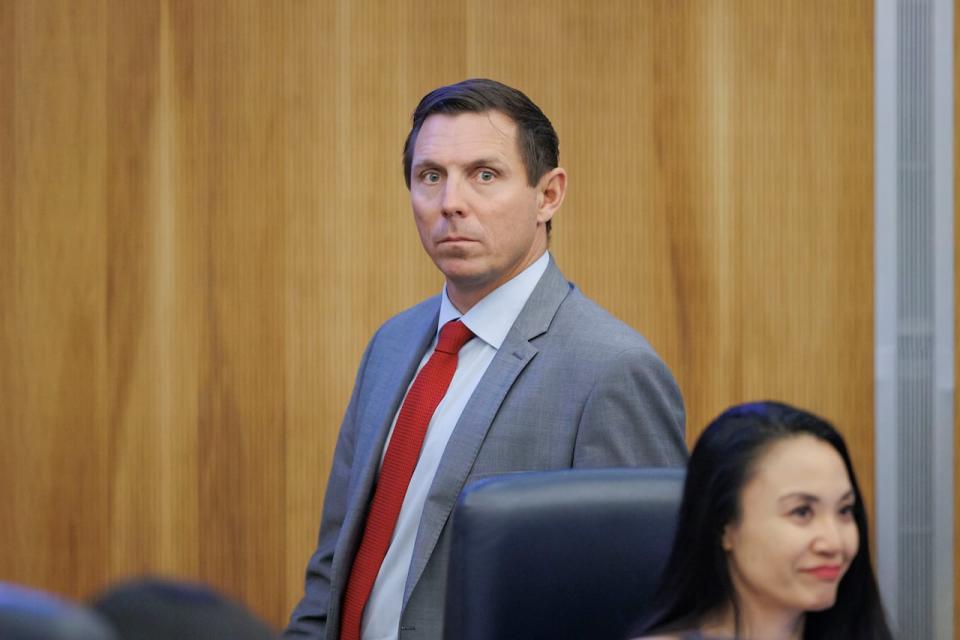Brampton to spend $4.3M to increase bylaw enforcement amid 'critical' staffing shortage

Brampton council will hire dozens of bylaw enforcement officers in response to a report highlighting the strain on its enforcement department as it receives thousands of complaints a day — far more than it can handle.
The decision comes following a set of recommendations in the report commissioned by staff to review the city's response to 311 complaints. The review, dated March 22, done by AtFocus, a consultancy group, shows that while complaints went up more than 22 per cent last year compared to the year before, staffing levels went down 4.5 per cent.
"The situation is critical," the report says.
The city has adopted all recommendations of the review and says it's currently working to implement 17 out of the 28 recommendations.
Council received a staff update report Wednesday, according to which the city is set to spend nearly $4.3 million over the next year to hire 26 full-time enforcement officers, 14 part-time officers, and purchase 12 compact pickup trucks and equipment for staff.
The city received nearly 109,000 complaints in 2023, but has 93 bylaw officers, it told CBC Toronto in April. Nearly 68 per cent of the complaints are for parking related issues and half of those complaints have not been dealt with, according to the AtFocus review.
Apart from parking, the complaints relate largely to property standards, licensing and municipal bylaws.
'We don't want to see any slum conditions': Brown
Mayor Patrick Brown says the review was commissioned because a city survey revealed "lowest satisfaction level" among residents from city bylaw services.
"We don't want to see any slum conditions in the city," Brown said.
"We don't want to tolerate unsafe, dangerous conditions. We want to have a bylaw department that has the ability to respond to the complaints… the grass is out of control, eight cars parked in a driveway for two, garbage everywhere, rat problems."
At the April presentation to council, Robert Higgs, director of enforcement and bylaw services, said he was worried about the growing gap in enforcement in Brampton causing public frustration and low staff morale.
The lack of response to thousands of complaints has led to a 380 per cent increase in callbacks and escalations compared to 2022, according to the AtFocus review.

Brampton mayor Patrick Brown says with increasing number of complaints about property standards, parking, and muncipal bylaws, residents have expressed 'lowest level of satisfaction,' in enforcement. 'We don't want to see any slum conditions in the city,' he told CBC Toronto. (Evan Mitsui/CBC)
Those callbacks "create even more service requests which circles right back to increased workload onto the enforcement branch which was already overwhelmed," Higgs said.
Hiring new enforcement officers could take up to eight to 12 months, according to the report, but Brown says he has taken the matter to the human resources department to expedite the process.
Long-term fix needed: enforcement director
While some recommendations are being implemented, staff identified additional measures to ease the strain, from hiring supervisors to training new officers, one supervisor dedicated to callbacks, officers for round-the-clock enforcement, zoning planners and an analyst for the city's residential rental licensing pilot.
In the latest report, Higgs said the spending to equip the enforcement unit is "appreciated and effective in the short-term, [but] is not sustainable."
"There is no quick fix," he said.
According to the report, the short-staffed enforcement department is being used outside of its "core duties" to deal with the increasing backlog and suffers from low morale.
Brown says that is changing.
He says the new spending is being welcomed by staff.
"It sends a message to these bylaw officers who see horrible, horrible conditions that we now have the tools to to deal with it…Thank goodness, about time."


